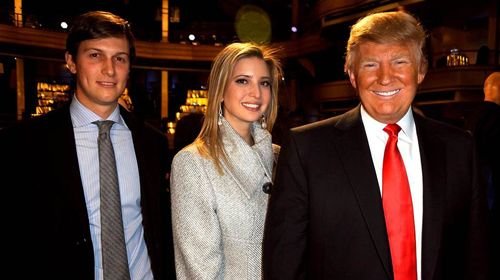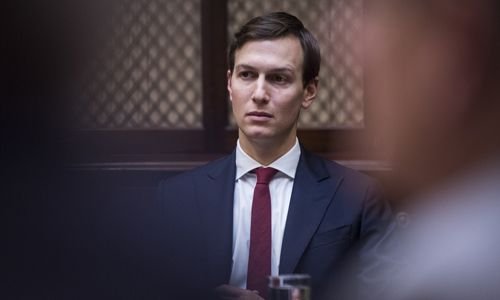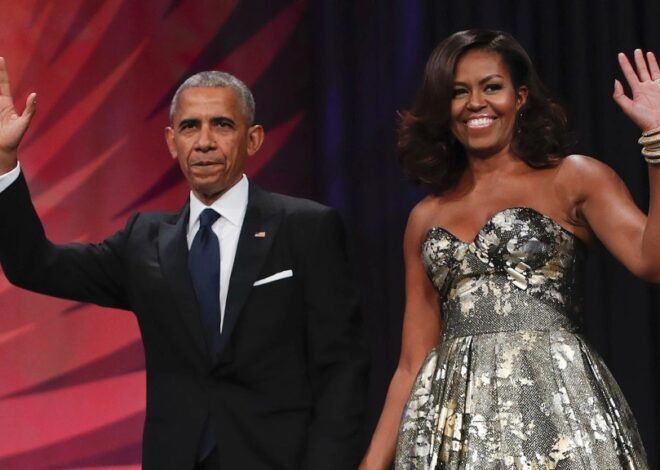
Kushner’s son-in-law – Leverage for China to sway Trump
From right to left: Donald Trump, daughter Ivanka Trump and son-in-law Jared Kushner.
Ahead of the summit with Chinese President Xi Jinping, US President Donald Trump’s administration is actively discussing with Beijing officials about messages, policies and priorities that will shape the future of relations.
According to the Sunday New York Times, Trump’s son-in-law with little political experience has worked many times with Chinese Ambassador to the US Cui Tiankai to plan a meeting between the two leaders at the Mar-a-villa.
Kushner’s high-level communication channel with China was established immediately after the US presidential election with the promotion of former Secretary of State Henry Kissinger.
White House officials said Kushner’s goal in establishing this communication channel was to expand and improve relations with China despite many serious challenges.
The Washington Post said Kissinger met Kushner and national security adviser Michael Flynn with president-elect Trump at Trump Tower in mid-November last year.
That same day, Trump received a congratulatory phone call from leader Tsai Ing-wen and announced that he could reconsider the One China policy, causing the Chinese Ministry of Foreign Affairs to react fiercely.
In the midst of such turmoil, the private communication channel between Kushner and China is still maintained.
According to NYTimes, the Chinese government wants to influence Trump through Kushner rather than working through the US State Department’s channels, because they feel more comfortable working with `a leader’s son`.
Controversial

Groom Kushner – The door for China to sway Trump
Kushner arrived at Trump Tower in November 2016
Kissinger met with Kushner and Trump’s aides on December 6, urging them to meet with Chinese State Councilor Yang Jiechi.
During these meetings, Mr. Yang Jiechi made a series of demands from the Chinese side, such as wanting the US to apply the concept of a `new model of major country relations` to avoid conflicts and focus on cooperation.
After the meetings, Kushner regularly contacted Ambassador Cui and Beijing leaders also relied heavily on this communication channel to discuss important issues with the Trump administration, including arranging the summit.
However, the Trump administration’s reliance on Kushner’s communication channel to discuss important issues with China has sparked a wave of debate in American public opinion about conflicts of interest as well as the risk of Washington’s concessions.
American public opinion recently expressed a harsh reaction to the news that Kushner met with the leader of China’s Anbang Insurance Group while the Trump family’s company was pursuing a real estate investment from this group.
White House officials are also concerned that Kushner is being too hasty in warming relations with China.

Kushner is considered too hasty in warming relations with China.
Although some people believe that Kushner handles the China issue through the eyes of a businessman who seeks `win-win` solutions to all problems, many American politicians fear that Trump will make significant concessions to North Korea.
Observers believe that the extent of Trump’s `movement` will be clearly shown in the words released by the White House after the summit between the two leaders on specific issues, such as North Korea.
`If Trump accepts China’s new model of major power relations as well as the expansion of its influence in the Asia-Pacific, it will not only be a sign of a new era in bilateral relations.


